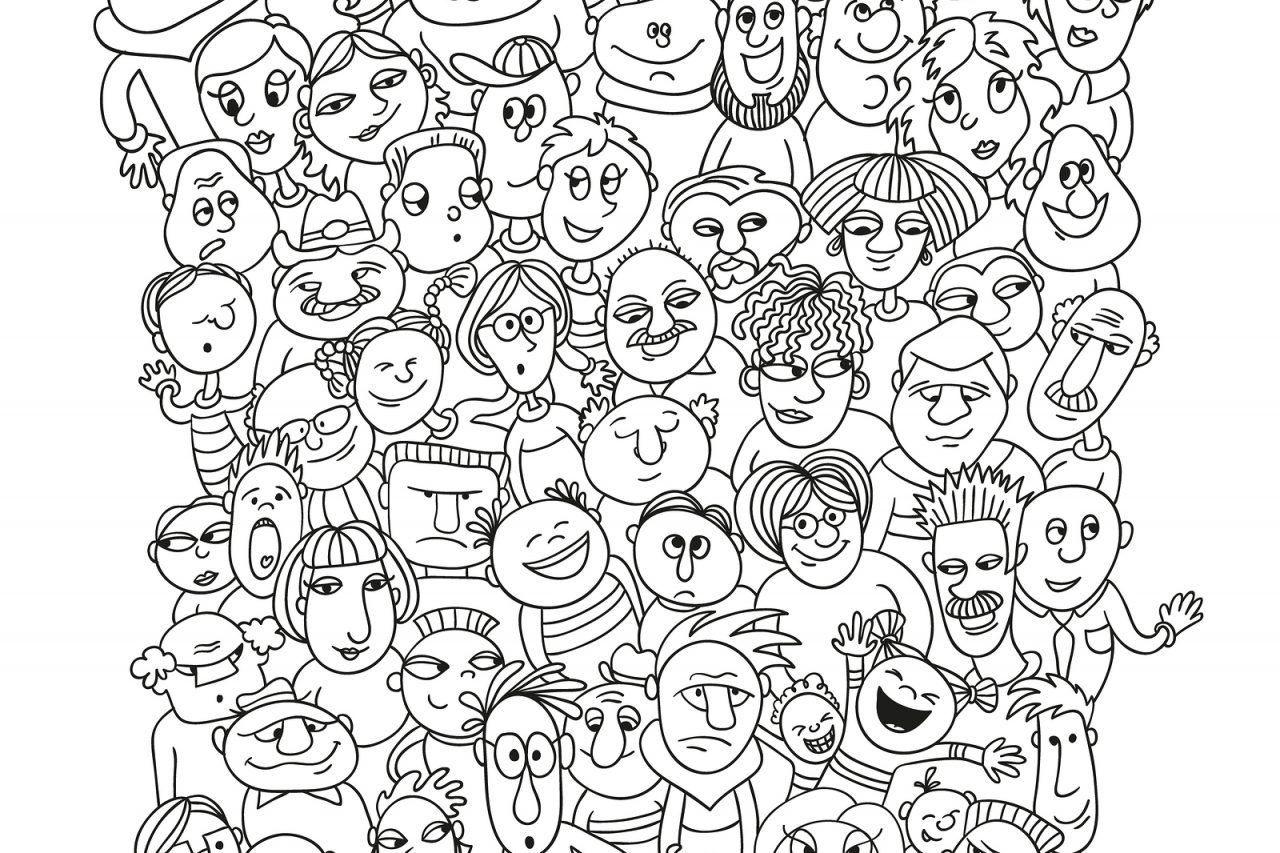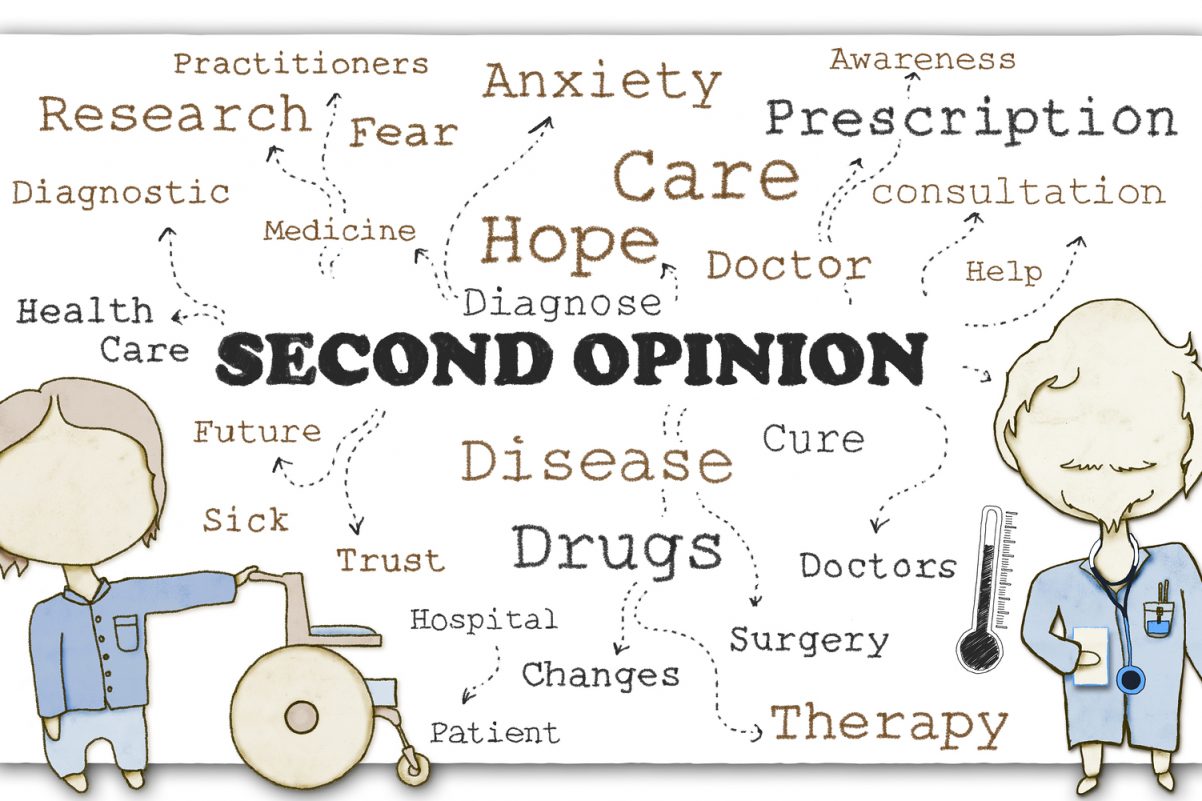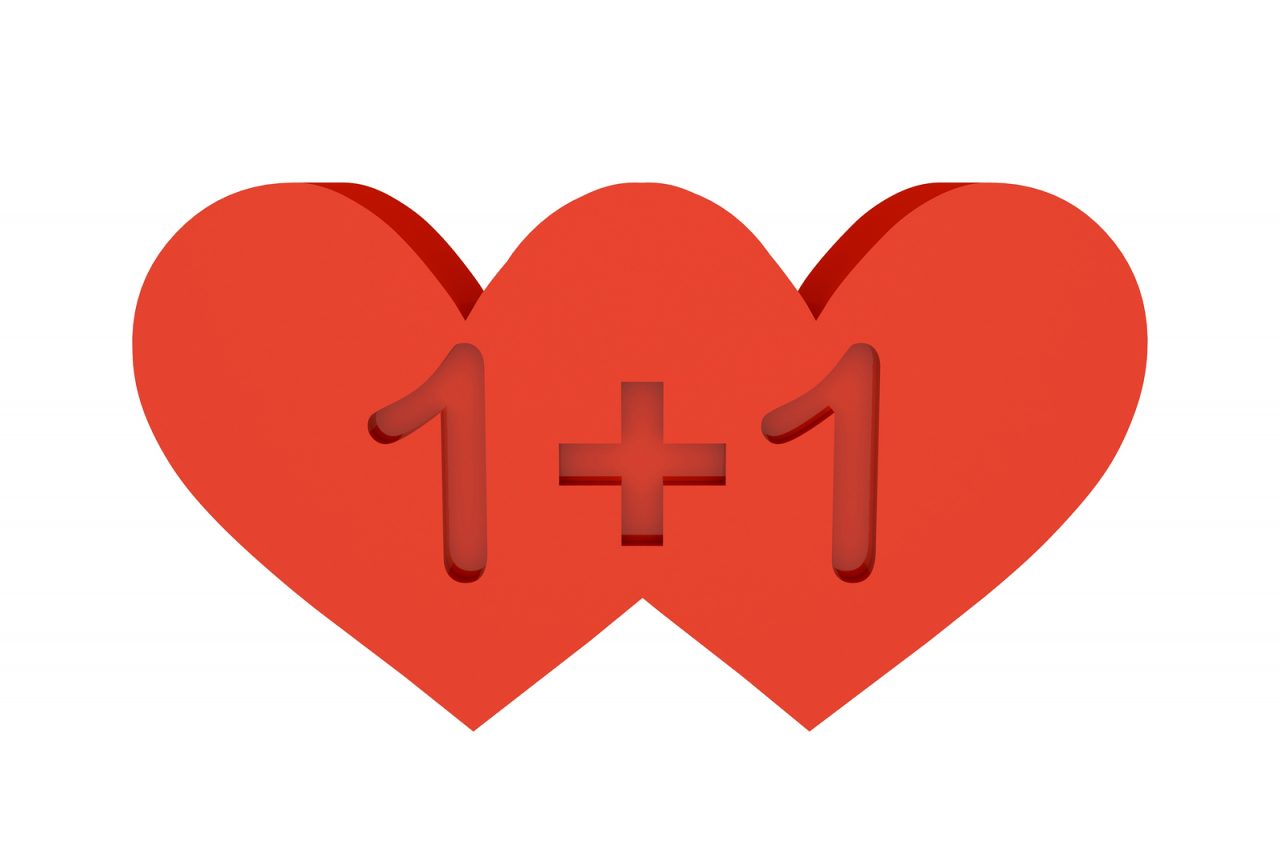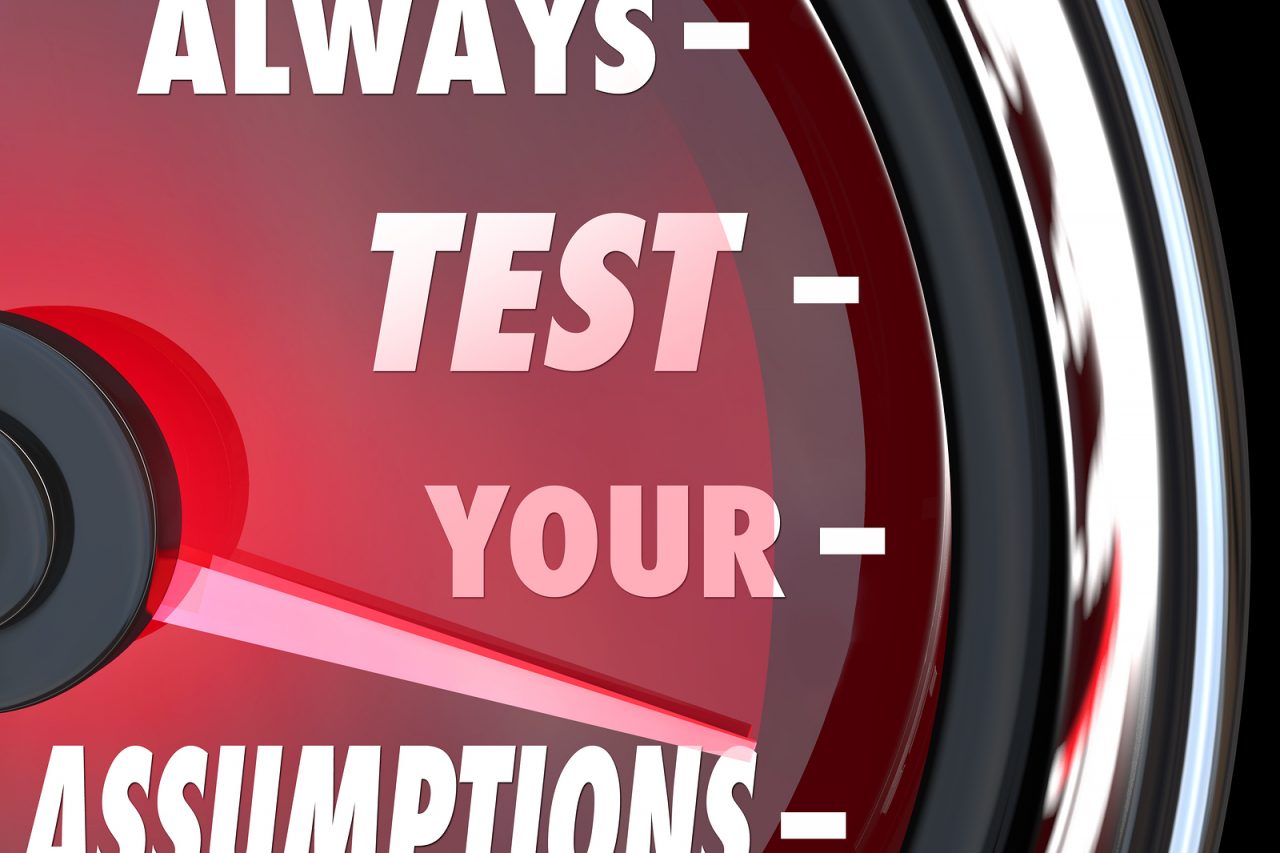The Atlantic this week published a provocative article entitled “The Computer Will See You Now.” Using the supercomputer Watson as a starting point, the author explored the mind-bending possibilities of e-care. In this near future, so many aspects of medicine will be captured by automated technology that the magazine asked if “your doctor is becoming obsolete?”
The IT version of health includes continuous medical monitoring (i.e. your watch will check all vital functions), robotic surgery without human supervision, lifelong personal database with genetic code core and intensive preventive care modeled for each person’s need; all supervised by artificial intelligence with access to a complete file of medical research and findings. The e-doctor will never forget, never get tired, never get confused, never take a day off and will give 24/7 medical care at any location, anywhere in the world, for a fraction of the cost. Perfect care, everywhere, at every moment, for a pittance.
While the transformation for doctors seems clear, a shift from being at the core of medicine to being what the article described as “super-quality-control officers,” what intrigues me is not how doctors will change (retire); the real question is how patients will adapt to this new healthcare world? Particularly when experiencing extreme or life threatening illness, will patients accept that family, friends and a pumped up Ipad are enough?
150 years ago doctors had little actual healing to offer, so what they gave was themselves at the bedside. In our romantic memory of that time, patients expected professional compassion, gentle wisdom and personal support. With the medical revolution of the past century, doctors now have a great deal more true care to offer. However, that focus on science has resulted in patients expecting professional distance, fragmented communication and, no matter what passion a physician may hold in his heart, a lack of effective compassion at the bedside.
This next step in health evolution may completely remove the human provider from care and thus a vital question must be whether patients fighting extreme illness will trade human imperfection for computerized perfection?
It seems bizarre to consider a world where a patient dying of cancer, on hospice, would receive care supervised by machine. But, once we trusted our hard won dollars to a person called a banker, thought the self-checkout-line at the market was insulting, actually shopped at stores, traveled in airplanes flown by men, bought or sold stock certificates representing value, could read a map and predicted the weather by the color of the sunset, not by satellites flying far above the sky. Once, the couple I saw get engaged on bended knee by the fire, spent the rest of the night dreaming and staring into each other’s eyes, not texting on smart phones.
Perhaps the privacy, freedom and quality promised by the e-hospice-doc, means its organic ancestor is doomed as the dinosaur. Patients will get perfect care at home with the one’s they love, and avoid physician office waits and emergency room indignities, comforted by computer screen reassurance and synthetic GPS-like voice. But, on that day, when that first patient dies with dignity, gently and quietly supervised by monitor’s glow, I will wonder whether doctors are the only thing that has become extinct.






13 Comments